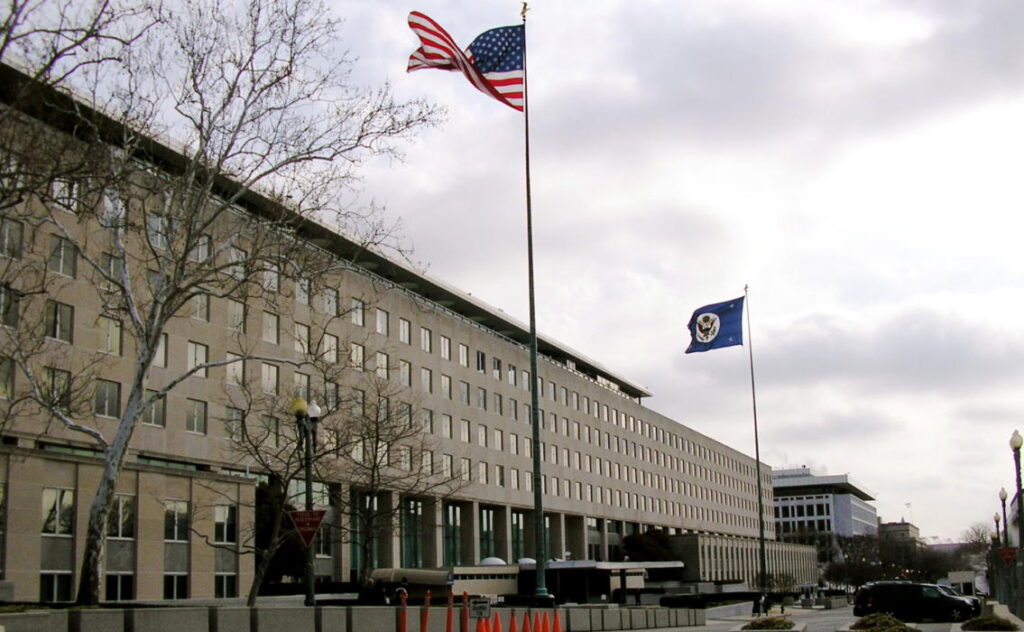I have a few quibbles with Paul Pillar’s analysis, but he’s started the conversation that progressives need to have about Iran’s nuclear program. His intent is to prove that a nuclear-armed Iran is preferable to war with Iran. He does a very good job of making his case, and everyone should become familiar with his argument.
I have two main complaints with his work, however. The first is that he gives very short-shrift to the concerns of anti-proliferation community. But this is really the crux of the matter. What would Iran’s neighbors do in response to a nuclear-armed Iran? Not what should they do, but what would they do? And this includes Israel. We must be as open-eyed about the pathologies of our allies as we are about our enemies. And it pays to take a very long view when doing this type of analysis. The prospect of a nuclear arms race in the Middle East, which is currently demonstrating how unstable it is, is not something to be papered over with a couple of dismissive sentences.
My second complaint is that I think Pillar has a very unrealistic view of how a war with Iran would play out. In his telling, Israel or the United States (or both) would bomb a bunch of facilities in Iran. Iran would respond by disrupting the flow of oil by various means, including attacks on Arab oil facilities in the Gulf. They would also launch terrorist attacks against American and Israeli interests around the globe. And then every thing would quiet down for a while; Iran would redouble their efforts to build a nuclear weapon, and the U.S. and/or Israel would have to go back and “mow the lawn” again in a few years.
I cannot foresee that scenario actually happening. If the US decides to bomb Iran and Iran responds with anywhere near the belligerence that Pillar predicts, the US will go to war with Iran for real. The regime will be changed. There won’t be any mowing of lawns several years down the line. And Iran will be well-appraised of this reality long before they are bombed. It would be insane for us to get into a full-on war with Iran, but that won’t matter for the Clerics who will be scattered every bit as much as Saddam Hussein’s Ba’athists were after our invasion of Iraq. If the Clerics are as rational as Pillar suggests, they would be very measured in their response to a bombing attack.
Rather than focusing on how much pain Iran would inflict if attacked, we should focus on the likelihood that a bombing campaign would morph into an invasion and occupation of Iran. Pillar points out that not even the most hawkish advocates of a bombing campaign are advocating a ground invasion. That’s true, but it’s probably beside the point. Their goal is regime change. It’s no different than the Bay of Pigs plan. It doesn’t matter if the initial act is a disastrous failure if it sucks the country into a greater effort that leads to regime change.
My last point is about how Pillar has framed the debate. He provides us with an alternative between war and a nuclear-armed Iran. Our policy is based on avoiding both those outcomes. I’d like to see more focus on how our policy is succeeding and how it is failing, rather than having all the attention on war or no war.
The threat of military force may be more or less credible depending on the U.S administration in power, but it’s only one part of a much broader strategy. If Pillar thinks the threat of force should be completely taken off the table, then he ought to make his case for that. The president wants people to ramp down the talk of war. But that doesn’t mean he wants to remove all doubt about war. The goal is an agreement with Iran in which their nuclear program is closely monitored and it isn’t diverted to military purposes.
Anyone who is serious about nuclear non-proliferation should agree with that policy.
